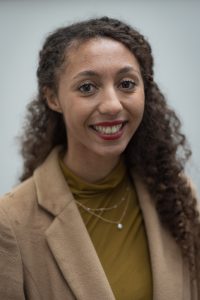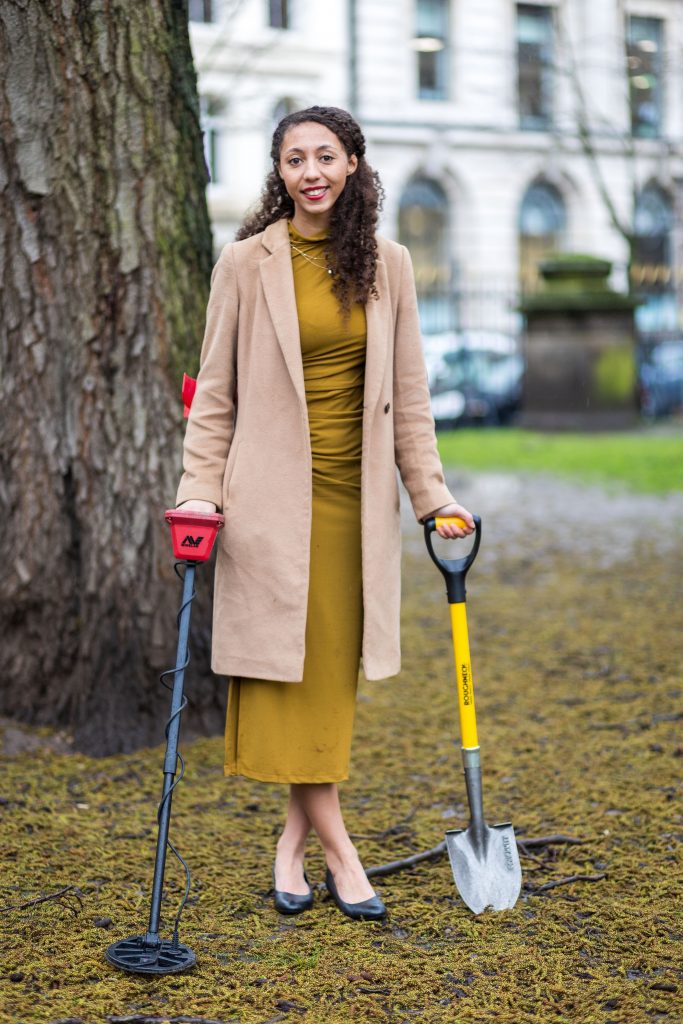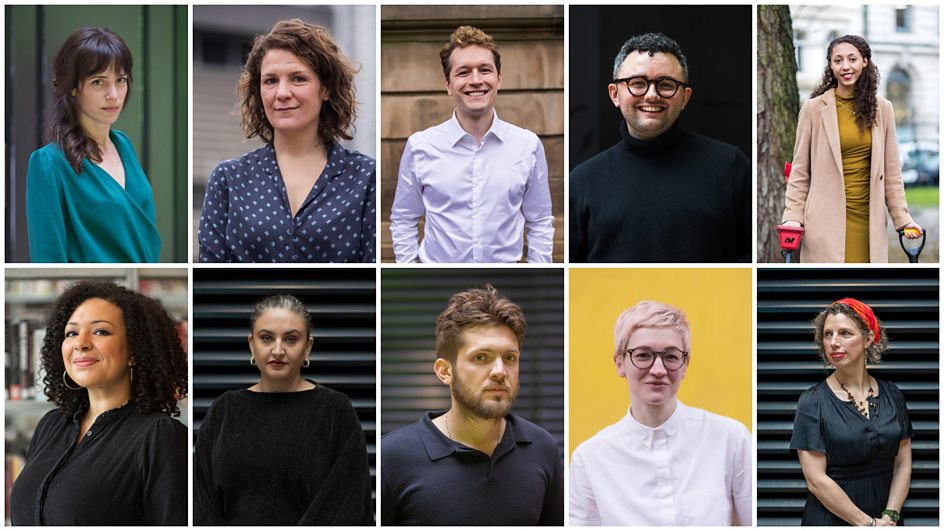 Ten of the UK’s most promising arts and humanities early career researchers have been announced as this year’s New Generation Thinkers, supported by the Arts and Humanities Research Council (AHRC) and the BBC. Every year, a nationwide search is held for the best new arts and humanities academics with ideas that will resonate with a wider audience on BBC radio. From hundreds of applications, these ten New Generation Thinkers represent some of the best early career researchers in the country. They will be given the opportunity to share their pioneering research with BBC Radio 4 listeners, as well as being provided with unique access to training and support from AHRC and the BBC.
Ten of the UK’s most promising arts and humanities early career researchers have been announced as this year’s New Generation Thinkers, supported by the Arts and Humanities Research Council (AHRC) and the BBC. Every year, a nationwide search is held for the best new arts and humanities academics with ideas that will resonate with a wider audience on BBC radio. From hundreds of applications, these ten New Generation Thinkers represent some of the best early career researchers in the country. They will be given the opportunity to share their pioneering research with BBC Radio 4 listeners, as well as being provided with unique access to training and support from AHRC and the BBC.
The 2024 New Generation Thinkers will bring new insights into diverse topics, with research including the possible existence of the multiverse, the future of black literature, the surprisingly dark history of Technicolor film, and the search for the greatest philosopher who never existed.
The names of the 10 researchers were announced as part of a New Thinking episode of the Arts & Ideas podcast hosted by former New Generation Thinker, Eleanor Rosamund Barraclough.

Jade tells us, “I’m delighted to be named a BBC/AHRC New Generation Thinker 2024 for my AHRC-funded research into nature poetry, supervised by Robert Macfarlane, and excited to start muddying BBC airwaves with my ‘worms-eye view’. Applying my passion for metal detecting and mudlarking to the field of literature, I’ll be investigating this genre from the ground up – digging between the ‘dancing daffodils’ to unearth evidence of an overlooked tradition.”
Her research is titled ‘Scriptocurrency: The New Language of British Nature Poets of Colour’. She continues, “This includes listening to the poets of colour whose books have represented until 2008 less than 1% of all published poetry in Britain. I’m interested in rethinking poetry as a trade of ideas and coinings as intellectual currency, or ‘scriptocurrency’ as I call it. As a nature writer myself, currently writing a book called Silthood – a term I coined to trace ancient connections between soil and self – I have a personal investment in this subject. I think the NGT scheme is a fantastic opportunity to bring academic research to a wider audience that as a former Arts Commissioning Editor at The Times I really admire. It’s the reason I founded StorySphere, a consulting agency for creative minds, so I’m pleased to see a passion for public engagement have a place in academia today.”
Jade Cuttle is an award-winning writer who began her career writing for the Guardian, the Observer and foreign news reporting, before working at The Times as an Arts Commissioning Editor. Jade commissioned and wrote a range of arts features, interviews and reviews, winning a ‘30 To Watch: Journalism Award’ for her work. She continues to write as a freelance journalist while completing AHRC-funded research at Cambridge. Supervised by Robert Macfarlane, her research provides first scholarship on the work of British nature poets of colour ahead of the publication of Britain’s landmark anthology Nature Matters: New Poetries by Black and Asian Writers of the diaspora. Jade’s theories on the geology of language have been broadcast on Radio 3, along with her album Algal Bloom, with televised appearances across BBC One, ITV and Look North. Her first book of nature writing Silthood is forthcoming. She’s a Ledbury Critic, a program funded by the AHRC EDI Fellowship to diversify poetry criticism, and has taught at the Universities of Sheffield, Arts Bournemouth and Poetry School. She gained a First in MMLL at Homerton, before completing her Masters in Creative Writing to Distinction at UEA. In her spare time, she is a professional historical reenactor, one of Britain’s first female warriors of colour. Her web site is: www.jadecuttle.co.uk and she can be found on social media @JadeCuttle
Congratulations, Jade!
About the New Generation Thinkers scheme
Every year, the BBC and AHRC hold a nationwide search for the best new arts and humanities academics with ideas that will resonate with a wider audience. These New Generation Thinkers represent some of the best early career researchers in the country. Their research has the potential to redefine our understanding of an array of topics, from our history to the way we speak.
The New Generation Thinker scheme has been running since 2011 with over 100 academics having passed through it. New Generation Thinkers alumni include Shahidha Bari, Laurence Scott, Nandini Das, Noreen Masud, Alexandra Harris, Daisy Hay, Islam Issa, Leah Broad, Diarmuid Hester, Elsa Richardson, Preti Taneja, Christopher Harding, Christina Faraday, Sandeep Parmar, and Catherine Fletcher, who have gone on to publish for broad audiences outside of academia. Other alumni who have hosted broadcasts and podcasts include Fern Riddell, Xine Yao, Sean Williams, Dina Rezk, John Gallagher, Jade Munslow Ong, Joan Passey, Susan Greaney, Naomi Paxton, Sophie Coulombeau, Louise Creechan, Christienna Fryar, and Alexandra Reza.
Hundreds of academics applied this year, from which 60 were invited to day-long workshops with the BBC to develop their ideas with experienced BBC producers. From these workshops, 10 were selected as New Generation Thinkers.
For more information about the other 9 researchers, please see the BBC web site about this year’s cohort! You can also find more information about the scheme on the UKRI web site.

